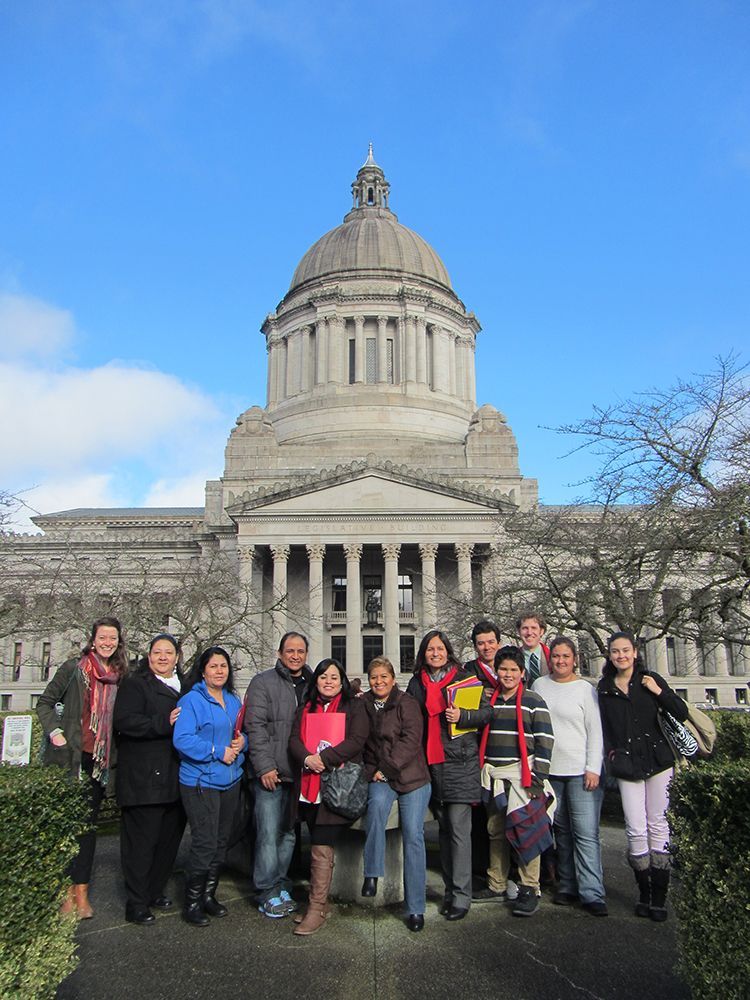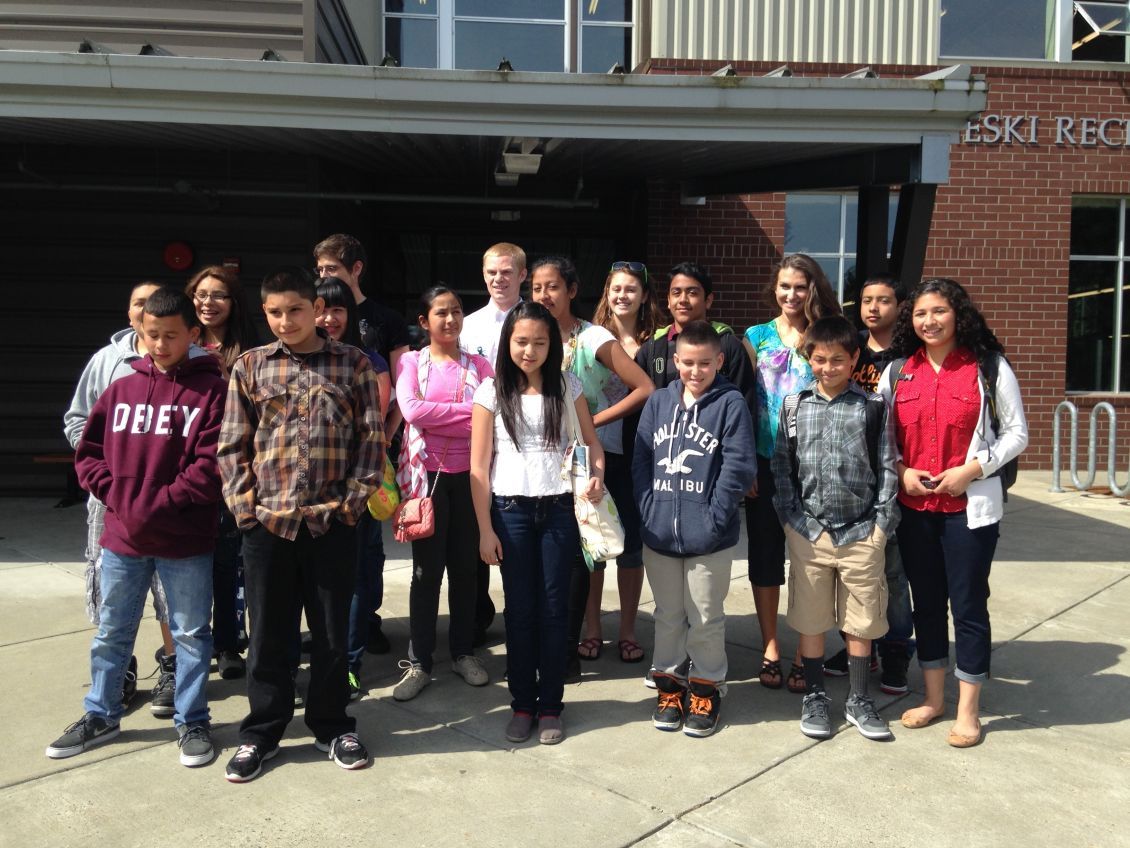Catholic Charities Housing Services (CCHS), a faith-based Washington State nonprofit corporation, offers locally based affordable housing solutions to the communities in their seven-county jurisdiction of the Catholic Dioceses of Yakima, Washington. CCHS works to establish a service-enriched living environment for all their developments where education, self-empowerment and self-sufficiency are promoted to benefit their residents.
CCHS has developed more than 900 affordable homes across 23 locations in central Washington. More than 700 of these serve very low-income farmworkers and their families, 99 percent of whom are Latinx. The vast majority of those families immigrated from Mexico.
CCHS retooled and relaunched their Resident Services program centered on five areas of focus in 2013. After a one-year revisioning process, CCHS narrowed down needs to five areas of focus: health and nutrition education, economic opportunities, community engagement and crime prevention. The areas of focus were developed in consultation with residents themselves to ensure they reflected their top priorities.
‘The fundamental challenge was how do we measure our impact across our different areas of focus to ensure that the programs are effective and moving the needle on poverty,” says Bryan Ketcham, CCHS director. A survey of parents at three housing sites found that only 44 percent had completed elementary schoolschool, and 77 percent had not graduated hgh school. They had found their metric.
In 2014, CCHS began tracking high school graduation rates at each of their housing sites. Given the low graduation rates in surrounding counties, they sought to increase participation rates for their CCHS After School Activity program. One of the strategies to achieve this goal was to address the shortfall of social capital with families. They started by reducing the number of sites they provided services at and focus on just three housing communities. The initiative sought to build rapport with families by spending more time working in each community.
“We wanted to measure the impact and then try and grow our educational program initiative. And so, about 65 percent of our resident services time was spent in educational efforts. That was our first area that we wanted to lead on,” Ketcham says. CCHS reinvented their services program and relaunched by building out an educational curriculum for each of the areas of focus.
Each year, CCHS has expanded the program by adding additional new metrics that they track and expand the presence of resident services coordinators who help lead their after-school programs with students in their communities. Post-secondary data points were added over the years, thanks to financial support, like the Enterprise Section 4 Capacity grant and other sources of funds for their educational program. Starting off with only 12 students, the program reached more residents in their communities and they were able to track the success rates for both secondary and post-secondary graduates.
Fast-forward to the present, and what has the outcome been? They are now able to track and demonstrate the link between having access to affordable housing on educational outcomes, as measured by graduation rates and post-secondary enrollment rates. Over the last five years, more than 87.8 percent of high school seniors have graduated, and 78.9 percent have enrolled in post-secondary educational programs.
“We have over 300 students now that have graduated, so it's a bigger, more statistically significant pool. One of the things that we're working on now is continuing to track and support those students that are in post-secondary education,” says Bryan.

The Impact of a Residential Education Program
By improving the educational outcomes of the youth, this program has strengthened the entire community. One of the unique features of this program is providing CCHS the opportunity to walk the journey with each family, providing them access to community programs and encouraging them when they need it. They are also able to improve their family’s financial health, which helps lift the economy of the communities that they live in.
Graduation rates speak to the investment in the students and families each resident services coordinator works with, which foster social capital and increase the brain trust in their community by having prepared intelligent, educated and well-rounded individuals that will help bring innovative ideas and cultural diversity in the manner of the arts, economies, and health & wellness of their local communities.
“It brought tears of joy and satisfaction to my eyes remembering children that I had the experience of personally working with. My emotion was also due to how proud and hopeful I feel of the successes of our children. Many of them are either in college or have graduated from college. All staff at CCHS, especially Resident Services Program staff who work directly with our families, are proud of the hard work our youth and families put forth to reach their goals. We are grateful to have a Resident Services Program that supports this type of impact,” says Sandra Aguilar, Resident Services Program manager.
